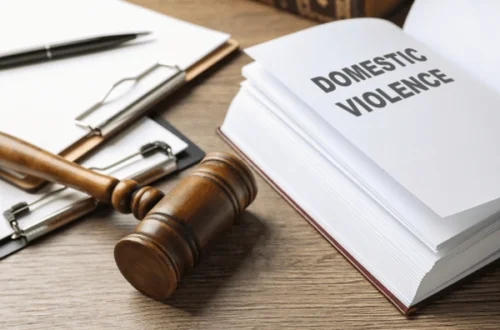Divorce can be tough. It’s not just about splitting up; it’s also about dealing with money and properties you both own. This is called “conjugal property.” It includes almost everything you got while married.
Protecting what you have is key. You need to know some smart moves. This can save you stress and money.
We’ll share tips to help keep your assets safe. These steps can help you feel more in control. It’s time to plan and protect your future.
Contents
Documentation is Key
Documentation is crucial in the asset division. Keep all records of your finances. This includes bank statements and property deeds.
Records prove what you own. They are critical during divorce. They can make the asset division clear and fair.
Make copies of everything. Store them safely. This way, you’re ready for discussions about the asset division.
Understand Your Financial Situation
To effectively protect your assets, it’s crucial to have a comprehensive understanding of your financial situation. This involves assessing the value of your assets, including real estate, investments, and personal property.
Take note of any joint debts and liabilities and be prepared to discuss these openly during divorce proceedings. A clear understanding of your financial standing will empower you to make informed decisions and negotiate a fair division of assets.
Draft a Robust Marital Agreement
While it may not be the most romantic aspect of a relationship, a prenuptial or postnuptial agreement can be a powerful tool for protecting your assets in the event of a divorce. It lays out who owns what before things go south. This can save you lots of heartache and money later.
Think of it as a safety net for your assets. Talk to a lawyer to get one that fits your situation. This way, you know your belongings are protected, no matter what happens.
Marital agreements aren’t just for the wealthy. They’re for anyone who wants to protect their stuff. It’s a smart move to secure your future.
Identify Non-Marital Property
Non-marital property is something you own before marriage or receive as a gift or inheritance during the marriage. It’s important to identify these items early on. This step ensures they are not mixed up with conjugal property.
Sorting out non-marital assets can protect them from being divided. You need proof like receipts or documents showing the item’s history. Keeping these items separate can save you trouble and keep your personal possessions safe.
Consult with Professionals
Getting advice from divorce lawyers is crucial. They understand the law. Lawyers ensure your rights are protected.
Divorce lawyers can guide you through the process. They help negotiate a fair asset division. This reduces stress and worries.
This advice can save time and money. Experts provide clarity and peace of mind. Make sure to choose a lawyer wisely.
Safeguard Your Future by Protecting Conjugal Property
Understanding and maneuvering through the complexities of dividing conjugal property in a divorce requires careful planning, awareness, and the assistance of seasoned professionals.
By documenting assets, deciphering your financial landscape, drafting clear marital agreements, identifying non-marital property, and consulting with experts, you stand a better chance of safeguarding your wealth.
Remember, protecting conjugal property is not just about the present, but securing your financial future post-divorce. Engage actively in this process to ensure a fair and equitable resolution for all parties involved.
Did you find this article helpful? Check out our other posts on legal tips for a smooth divorce process.






